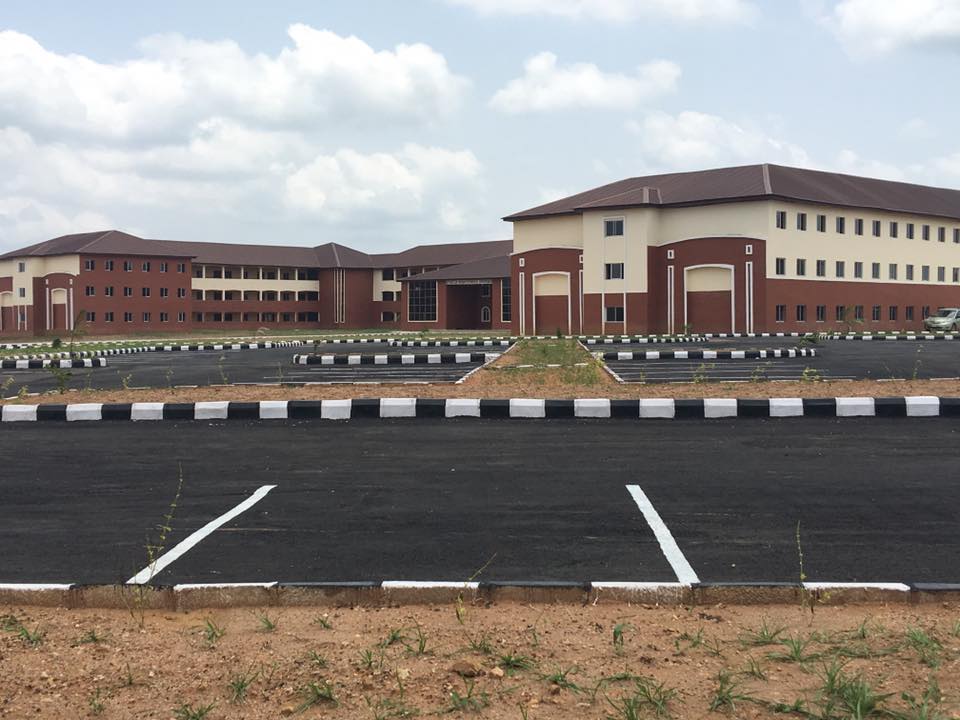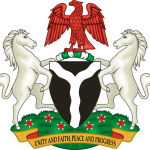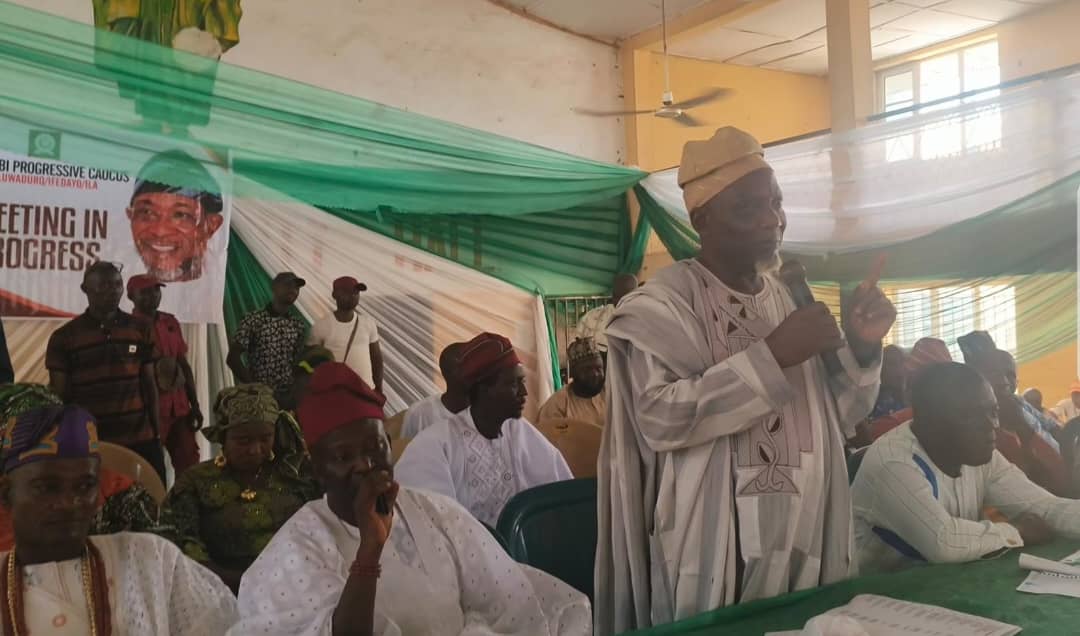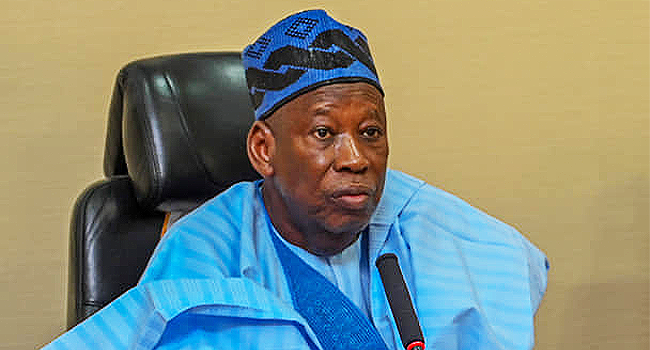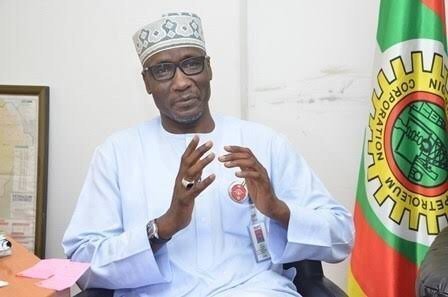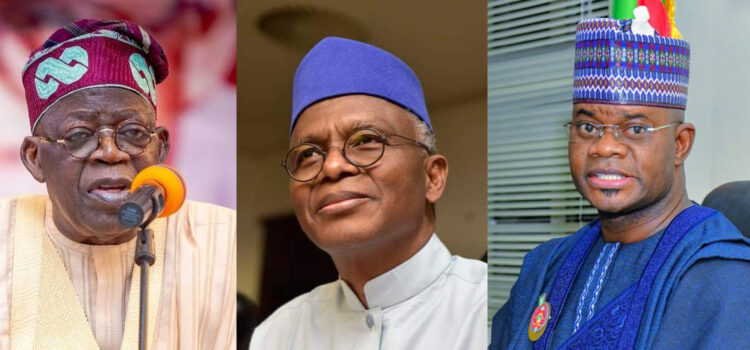- Kola Omotunde-Young
The world class model schools built by the administration of Ogbeni Rauf Aregbesola in Osun State were resourced 100% with modern laboratories and implements for all the subjects; science, technical, business and vocational. They are some of the most resourced schools in Nigeria.
The schools were built to provide world class quality education for all. They are models of what schools should be and offer on education. The sizes are for optimal resource management, not the purpose.
The model High Schools which were completed and fully equipped before Aregbesola left office includes Wole Soyinka Government High School in Ejigbo, Osogbo Government High School, Ataoja Government High School and Fakunle Unity Government High School in Osogbo, Ilesa Government High School, and Adventist Government High School, Ede.
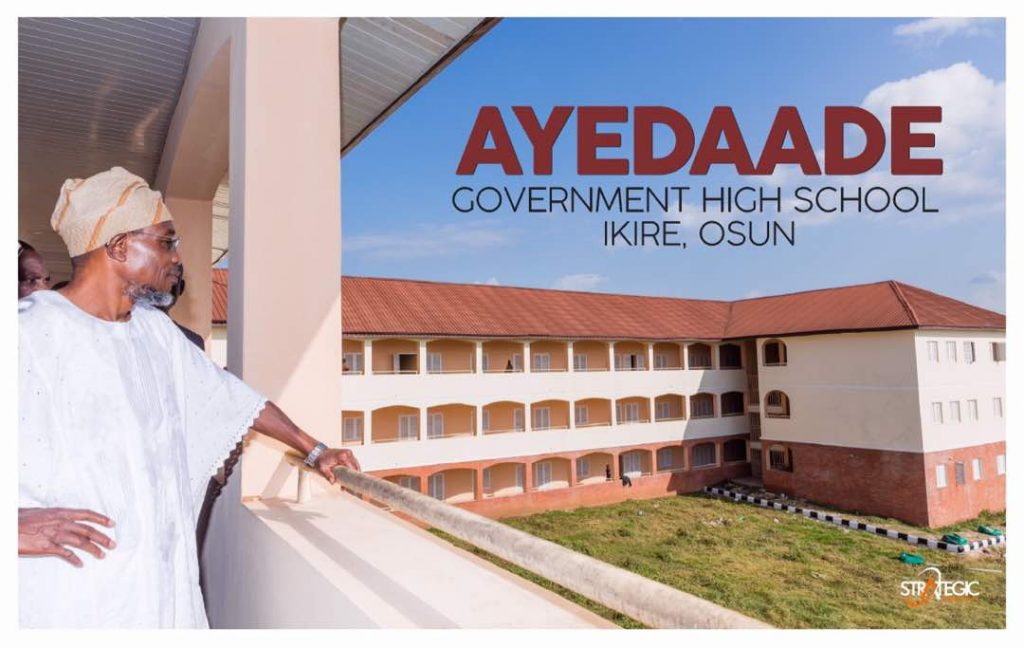

These schools had the most comprehensively equipped Science and Vocational studies laboratories of any schools in Osun whether government or private. They also had the best facilities for classroom studies, sports and extra-curricular activities. Their toilet facilities and conveniences were best of breed. All these were attested to by all – staff, pupils, visitors.
The ones at Ife, Ikire, Ikirun and Ila fully completed and partly equipped. Only the one at Iwo was not yet in a state to make it usable till the Aregbesola administration left office in November, 2018.
These schools were built so that the children of everyone – the ordinary citizens of Osun, the poor, the trader, the farmer etc – could be educated in the best environment that will bring out the best of humanity in them and suppress the animal in man.
Several state governments came to appraise the schools and the then Governors of Lagos, Oyo, Borno, etc resolved to build similar schools. Oyo State government under Senator Abiola Ajimobi did. Lagos State government under Akinwumi Ambode did. Borno State Government under Prof Babagana Zulum commended them, adopted the model and have been developing similar schools successfully as one of its progressive policies.
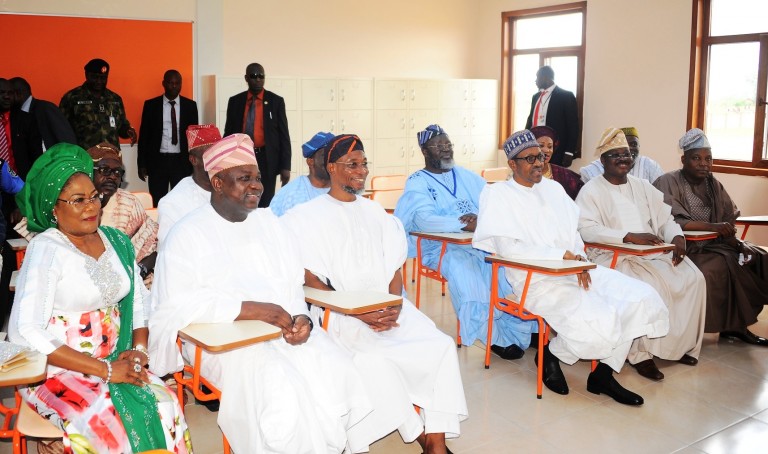

When resources – teachers, equipment, facilities, finance are limited, you aggregate and consolidate to optimise resources to obtain the best results. This is what reflected on the sizes of the world class model high schools built by Aregbesola and strategically located around the State.
To ensure that the school infrastructure were maintained to the best standards, the Aregbesola administration engaged professional facility management companies, under mutually beneficial terms, for each of those schools.
What succeeding progressive and thinking government is expected to do is to appraise the system for efficiency and improve it. It may even change the firms engaged by Aregbesola to those they feel comfortable doing business with. Throwing out the facility management system put in place, with no credible alternative, is something right thinking people find difficult to understand.
To ensure that the schools are managed continuously to world class standards, Aregbesola administration formed Omoluabi Educational Services Limited (OESL), a company wholly owned by the State, put seasoned educationists and managers as its directors and engaged the services of African Management Services Company (AMSCO) – a UNDP supported pan-African organisation that provides integrated human capital development solutions to private and public sectors across sub-Saharan Africa – to engage a Chief Executive Officer for OESL from anywhere in the world. That search produced a world class Education Administrator. The Permanent Secretary, Ministry of Education was made a permanent member of the board of OESL.
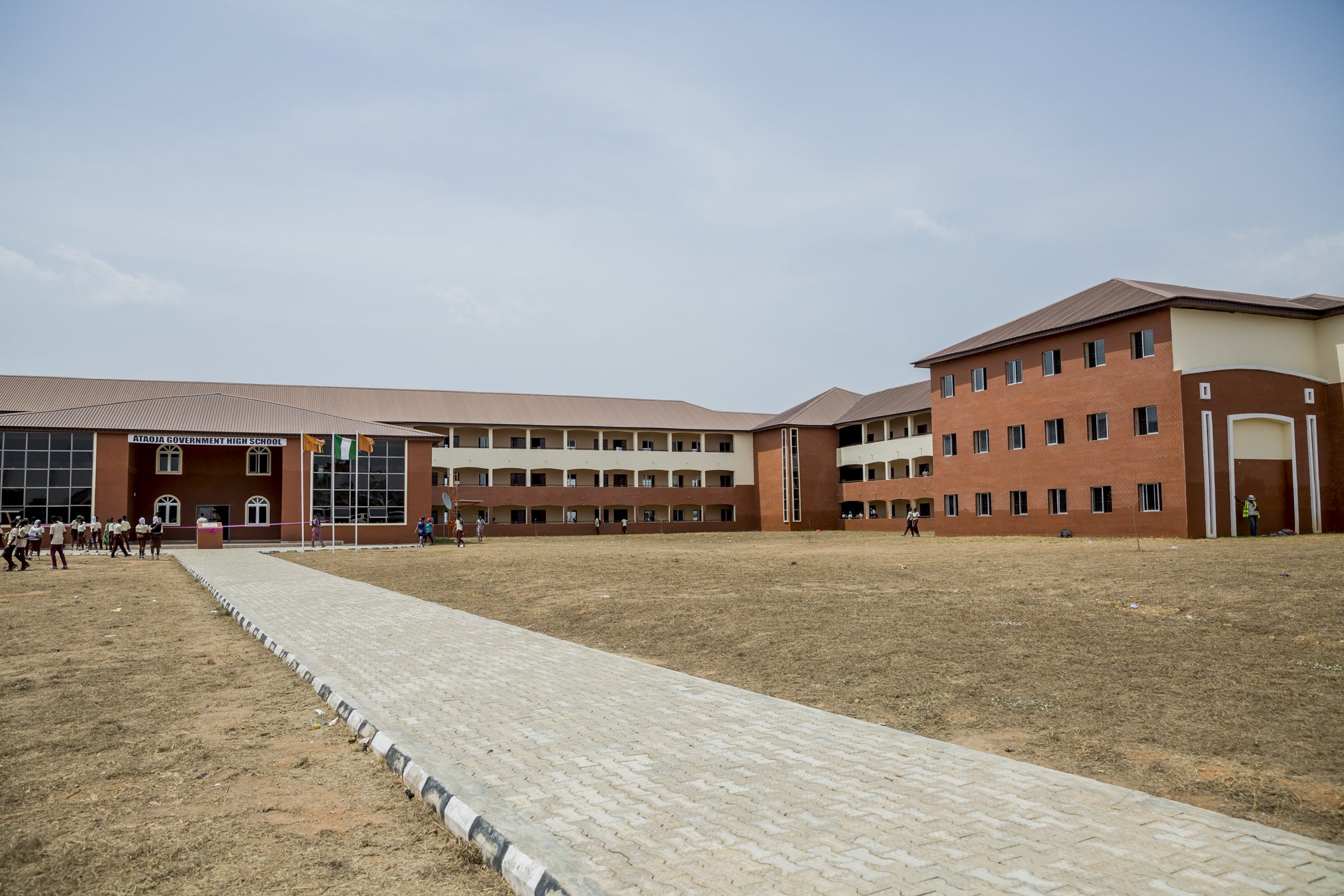

Government also got the services of seasoned Educational Administrators to manage the schools for a period and also train the principals and teachers to upgrade their capacity to be able to manage such quality schools and not run them down to what was met of all schools when the government took over in 2010. These administrators were supervised by Omoluabi Education Services Limited.
READ ALSO: {PERSPECTIVE} Osun Education: Between Reforms, Vindictiveness And Politics
Similarly, government approached and got the consent of Obafemi Awolowo University (OAU) to take responsibility for the supervision of Oduduwa Government College, Ile-Ife, and was in discussions with Osun State University for Ilesa Government High School and Fakunle-Unity Government High School Osogbo and with University of Ibadan for the model high school in Ikire. This was meant to be the structure for every of such school. Since universities have experience managing their staff schools to quite high standards, the Aregbesola administration sought to combine their expertise with the international expertise of OESL, all to ensure the most outstanding results.
Even if you hate Aregbesola and think he only built the schools to siphon money, massage ego, or whatever your negative mental attitude (NMA) can throw up, would he have put through all of above to do so? Did he require collaboration with universities or engagement of internationally certified education administrators for such mundane things?
Only the deep can call to the deep.
In developed and developing countries- including the U.K., Canada, U.S.A, etc – pupils in high schools which are typically age 15 and above attend the best schools wherever the schools are located, since they are old enough to make the commuting required to the schools.
Vice President of USA, Kamala Harris, is proud that she was one of the pupils bussed to elementary school as a young girl.
To alleviate transportation issues for those who require it, progressive thinking governments either provide school buses (like Aregbesola did with Omoluabi Scholar Buses) or negotiate with transporters and owners of commercial vehicles, to provide transportation at heavily discounted rates, for pupils in school uniform within certain hours on school days or they do both.
Relevant discussions on education in Osun should be about continued improvement in literacy level, numeracy level, science, technical, vocational skills level, critical and analytical thinking level and quality and character of pupils being produced.
It should also interest managers of education in Osun, how the State is faring with out of school children and what percentage of graduates from their schools are matriculating and progressing. How many schools with no (or antiquated) laboratories and or equipment have been fully equipped? How the State is responding to examination malpractices in its schools and schools under its jurisdiction and finally performance in WASSCE and UTME should also be of concern?
The government of Osun under Aregbesola declared emergency on education, prepared and approved an Omoluabi Policy on Education, constituted and empowered Community Based School Management Boards (CMBs), also Councils and Committees (CMCs) for Elementary, Middle & High Schools, involving traditional rulers, Community Development Associations, religious leaders, leaders in the community and parents across party lines and interests.
Government started a campaign on ‘’Responsible Parenting and Parental Responsibilities’’ (RP&PR) – in partnership with traditional rulers – as part of what was required to change and uphold the narrative on education positively and to galvanise the whole society to recognise the danger inherent in continuing with the status quo and need for redirection, education and empowerment.
The government instituted an Emergency Literacy Programme (ELP) supported by ANCOPPS, NUT, etc. Apart from the regular training using external experts as facilitators that was organised for principals and teachers, it also introduced Monthly Capacity Building Training of teachers through peer training by WAEC Certified Subject Master Teachers and Examiners. This was in different cities round the State, supervised by the Tutor Generals. Government also started a Roving Teachers Scheme (RTS) – to maximise and optimise teaching resources amongst schools – and reintroduced Rural Posting Allowance (RPA) as a concept to encourage teachers to embrace rural posting.
Government reintroduced joint review of performance in final certificate examinations (Junior School Certificate Examination (JSCE) and Senior School Certificate Examination (SSCE) with principals and heads of schools to ensure that all involved took responsibilities for performance and to strategise for continued improvement.
To help in proper management of education, government developed and issued the following documents: “Policy Guidelines on General Administration and Reward Management System in Elementary and Middle Schools in the State of Osun (issued by SUBEB 2016), Policy Guidelines on General Administration and Reward Management System in High Schools and Technical Colleges in the State of Osun (issued by Ministry of Education, 2018), Policy on Establishment of “Community Based School Management Committee, Community Based School Management Board, Community Based Management Council” (published bySUBEB)” and “Omoluabi Policy on Education”.
The government had started preparations to implement the Omoluabi Policy on Education and the implementation of the Yoruba Mother Tongue policy on education which had been introduced by Prof Babs Fafunwa into the national Education Policy.
To encourage continuity, very comprehensive handover notes were prepared at the Ministry of Education on the state of education, fundamental problems that required to be tackled and suggested solutions to ensure that the standard already achieved could be sustained and improved. Unfortunately, for many Nigerians, whatever you have documented (or put in a book) is unlikely to be read.
The government official who schooled where water ran in all toilets will see an anomaly requiring immediate correction in any government school or establishment with dysfunctional toilet facilities, while the official who is used to such nonfunctional facilities in schools, reacts by using the nearest shrub as alternative to same problem.
Part of what differentiates humans from animals is concern for where defecation happens and its effect on the environment. When pupils are raised in an environment that lacks something as simple as proper toileting facilities, the animal in man stays too close to the surface.
The elites in Nigeria made choices by abandoning government run down schools for private schools, so they don’t care what experience the child of the common man, who cannot afford private schools gets. They don’t mind taking the child of the common man to a school where he has no protection when it rains, where there are no toilets or water and where there are no teachers. They relate nostalgically to the schools as “old students”.
Those world class model schools were mostly fully utilised before the government led by Aregbesola handed over in 2018.
When strict entrance examinations were conducted for the first set of those schools, it returned very few candidates even when the pass mark was reduced to 30%. Then the common man on the streets were sold the lies that Aregbesola built those schools for the children of his elite friends and acquaintances from Lagos.
When the pupils were offered the option – whether they passed the qualifying examination or not – to relocate to any of the new schools or remain in their dilapidated schools, the stampede by the pupils and parents to relocate to the new high schools had to be managed to prevent accidents. No parent chose to retain his/ her child in the dilapidated schools.
It then became clear that, left to the pupils who were in schools all over the state, they were not concerned with “old students” attachments to any school”. They wanted quality education in world class environments.
It turned out that most of the “stakeholders” who were fighting for their “old schools”, which were dilapidated, had no children, grandchildren or wards in the dilapidated schools.
Were all the former schools for which elite old students – whose children were not pupils in the schools – abandoned? NO. Not at all.
Some were already developed and some were being developed as Middle Schools in line with the Nigerian Education Policy which separates Junior Secondary Schools (JSS I-III) which are financed and managed by UBEC and SUBEB and whose teachers are employed and paid by SUBEB, from Senior Secondary Schools (SSS I-III) which are 100% state government owned schools.
Do some schools need to be collapsed? Yes, if resources are to be optimised to provide “Quality Functional Education for all”. No if it is just business as usual; “Schooling for the People” not minding the outcome.
I was informed long before now that the world class model schools built and equipped by the administration of Aregbesola were being underutilised but didn’t want to believe it, even though I should have expected this as a consequence of some ill-advised actions by the succeeding government of returning pupils to schools with badly degraded infrastructure, not fit for human habitation, just to satisfy complaints of nostalgia by elite old students of those schools, who neither repaired the schools nor put their own children or grandchildren there.
I was painfully awakened from my dream when I read the articles published in the Vanguard Newspaper of 18th August by Shina Abubakar and Nation Newspapers of Aug 19th, 2023 by Toba Adedeji, in which they credited to those with the responsibility to manage education in Osun, that the schools are being grossly underutilised and no hint of any progress in completing the school in Iwo.
I understand that currently, those schools are under populated and underutilized, while pupils are put in schools without adequate facilities.
The common man (and woman) should challenge the status quo and insist on the world class schools built for them being fully utilised.
It is inconceivable, scandalous and irresponsible for any right-thinking people or government to underutilise; under whatever guise these model high schools built and equipped with government money; the resources of the people.
It is important for the people of the state to show more interest in their own affairs and question any one, any government and all involved with education, why their children should be denied opportunities in those world class model schools and be put in under equipped schools, some of which have no functional laboratories, toilets and structures, good for human habitation.
It is time for parents forum, community leaders and social rights groups to demand and insist that the model High Schools be fully utilised to their carrying capacities (almost 3000 each) so that government resources would not be put to waste on the alter of politics. They should demand governance from those in government and ensure the best and most efficient utilisation of resources.
If we want a better Nigeria, we should all show more interest in how we are being governed and where our children are trained.
If the West African Examination Council (WAEC) and National Examination Council (NECO) diligently inspect schools and insist on meeting requirements (specified in their own manuals as minimum requirements) for laboratories, teaching resources and teachers, before schools are allowed to present pupils for Junior and Senior School Certificate Examinations (JSCE & SSCE), 95% of what governments in many states in Nigeria refer to as schools would not qualify to present pupils for these examinations.
However, WAEC and NECO seem to have learnt to work with governments in Nigeria by a policy of not digging deep or ruffling feathers but concerning themselves only with the sanctity of their own examinations.
The outcome of this is the examination-focussed, low quality and dysfunctional education that leads to examination malpractices, unemployment and unemployable citizens.
Awolowo revolutionised Western region by providing free and universal education. It was focused on literacy and numeracy. By the late 1960s, Awolowo was writing and discussing all round quality, functional education for all, beyond literacy and numeracy, if society was to develop sustainable prosperity.
Aregbesola has been a diligent student and follower of Awolowo. The governance of Osun under him transcended the level of “Schooling for the People”. It operated at the level of “Quality World Class Education for All” with a vision of “sustainable prosperity in individual life and society.”
Any decisions that lead to underutilisation of those modern, fully equipped world class high schools in Osun, or abandoning the uncompleted one while pupils are in under resourced schools, will be retreating Osun education from “Quality world class Education for All” to the era of “Schooling for the People” with no care for quality or function.
Fortunately, posterity will remember who built, who upgraded, who downgraded, who completed and those who abandoned.
- The opinions expressed in this publication are those of the author. They do not represent the opinions or views of Osun Defender.

